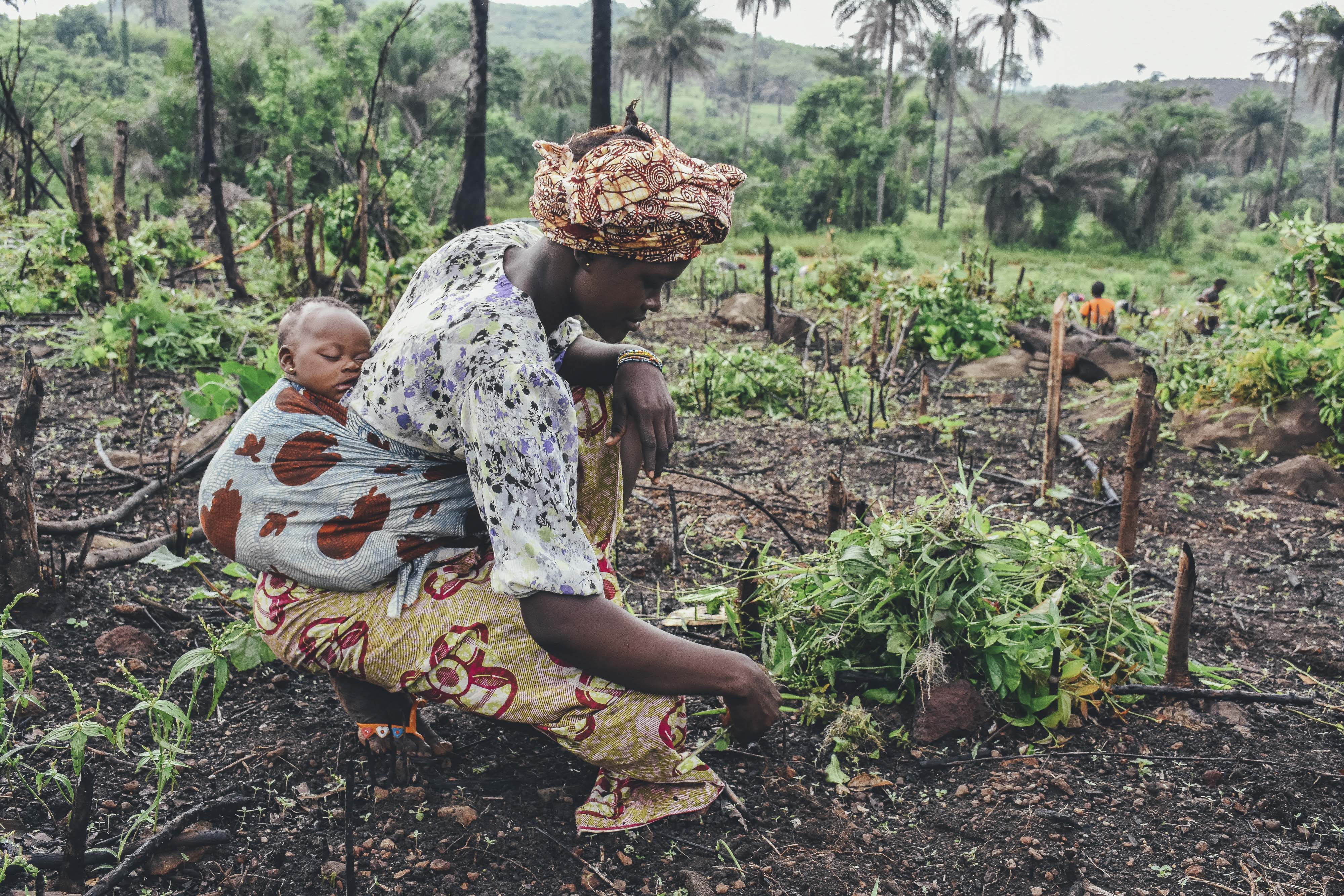
The Democratic Republic of Congo, sometimes called Congo-Kinshasa in reference to its capital, as opposed to Congo-Brazzaville, its northern neighbor, is a country in central Africa. It is the most populous French-speaking country ahead of France. Ruined by decades of war and looting, the majority of businesses have closed, leaving many Congolese unemployed.
Today, it is agriculture that sustains the country. This sector contributed, in 2013, 40% of GDP, but, paradoxically, and despite the challenge, it receives very little funding. However, the DRC benefits from a remarkable diversity of climates which offers it very varied cultivation possibilities, with an area of agricultural land unequaled in Africa.
Agriculture to compensate for unemployment
Characterized by an unemployment rate greater than 85% of the active population. Urban agriculture is an activity that supports many families in Kinshasa. It can therefore contribute to the sustainable development of African cities under certain conditions, including in particular through its professionalization (knowledge of the different varieties of each vegetable, the tools to use but also suitable products that are not dangerous for the environment and for humans).
The American NGO Innovative Resources Management showed that out of 100 farmers (market gardeners in particular), 65 were there due to lack of remunerative employment; 30 did it to smooth out the low salaries of state civil servants and 5 did it out of tradition inherited from their parents.
Agriculture reduces malnutrition
Urban farmers sell 90% of their produce in markets and urban supermarkets, according to the FAO, helping to feed an increasingly large urban population as Congolese leave the countryside to settle in cities, in quest for security.
Furthermore, when production has doubled or even tripled, the DRC will be able to say that it is able to reduce malnutrition, because the price of vegetables on the market will have decreased and people will therefore be able to buy them more regularly.
In September 2010, 24% of children under five were underweight; 43% have stunted growth; and nine percent are wasted. The situation is more than urgent.
Read more about: Rosalie Projects
link: https://www.projets-rosalie.com/fr/news/l-importance-de-l-agriculture-au-congo
Seen
Like
Comments
Fans